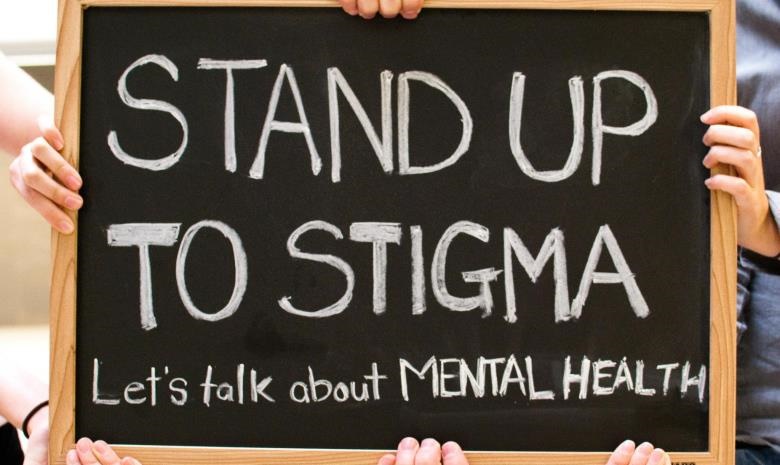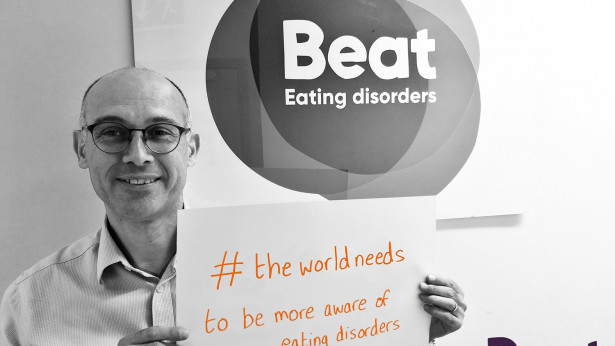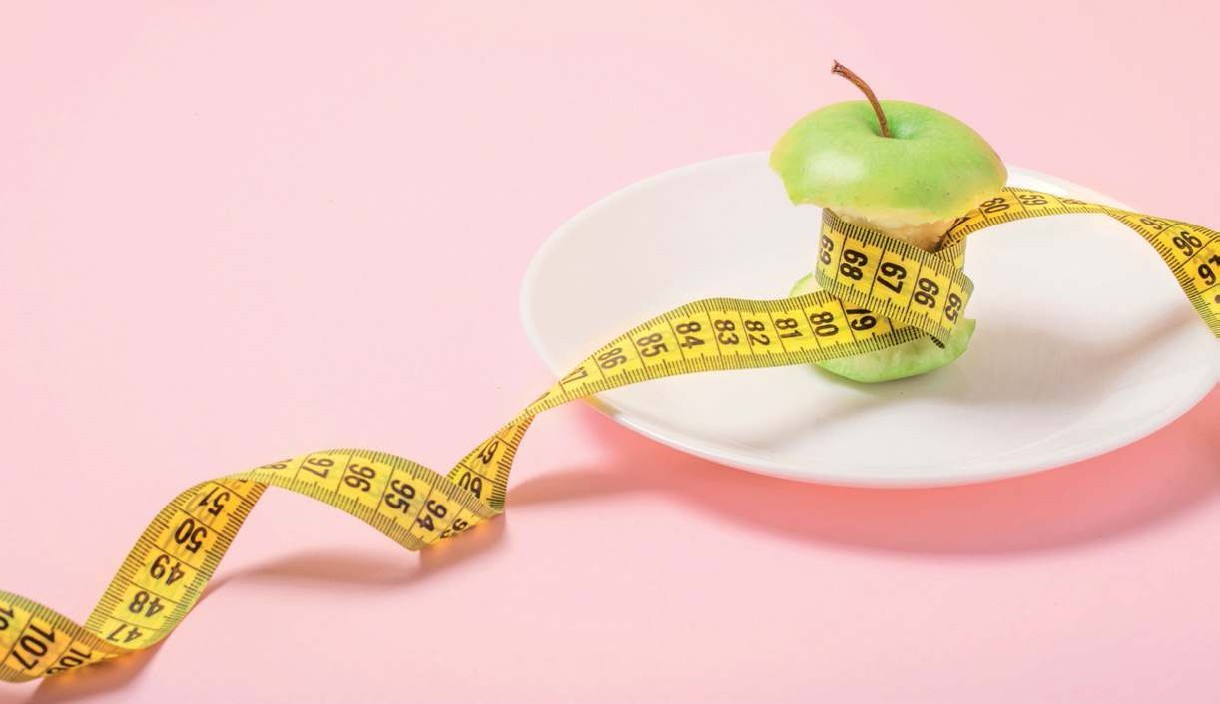Eating Disorders and how we can all help – Esme Peters
The person with whom we spend the longest period of time in our lives is ourselves, so why do so many of us have such little disregard for our own feelings and personal needs? The reason I pose this question is because I believe as a society we have stigmatised mental health, making it impossible for people to talk about it without (often not misconceived) feelings of judgement. But mental illness is a large issue so I would like to focus in on one aspect of it in particular, eating disorders. The aim of this article is to raise awareness and consider what we as both a school community and as compassionate individuals can do to support and protect those who are vulnerable.
But first some stats as to paint a picture of the size of the issue: Admissions for eating disorders rose from nearly 14,000 in 2016-17 to 16,000 the following year and 19,000 in 2018-19. A quarter of the admissions in 2019 were children aged 18 and under, with 2,403 of those for anorexia, up 12% from the previous year. The most common age for patients with anorexia was between 13 and 15. Furthermore the organisation Beat estimates that there are more than 1.25 million people with an eating disorder across the UK. There has been many listed reasons for this but I don’t want to go into these, the main reason for citing such figures is to point out the absurdity of trivialising the issue – it is serious issue prominent in young people and it’s not going to go away without a degree of immediate action.
So what sort of signs are you looking for (remembering seeing one symptom on one occasion doesn’t mean someone has an eating disorder, being vigilant and not silly or over dramatic is vital in these situations). My focus is going to be on behavioural signs, as these are usually the easiest to spot. For someone who has anorexia they may skip meals, seem withdrawn and isolated, exercise excessively and be very irritable. Whereas someone with bulimia may constantly compare their body with others, disappear during or soon after eating and experience mood swings and social withdrawal. These signs can be hard to see but it may also be someone is having a low day (which is no less deserving of support and TLC). Often eating disorders have their foundations in feeling the need to lose weight, and it is probably the most startling statistic I have seen recently that 1 in 3 diets will end in an eating disorder.

The mantra love yourself can easily be argued to be over used and painfully cliche, but seriously, why wouldn’t you? Why because the person next to you is skinnier/has bigger arms or whatever/flatter tummy mean that the shape you are is of any less worth? Tackling these questions seems so simple as well of course it doesn’t, but the problem is it feels like it does. A scenario often discussed is, ‘imagine how many companies would go out of business if every women woke up tomorrow and decided they liked their body’. However in a moment of self reflection this is walking the knife edge of becoming a rant, which it isn’t meant to be. So onwards we go.
I’ve been grappling for a while with what best to do if you believe someone close to you may be in need of help, not an easy judgement to make for certain. But often judgement is just the problem, at what point does a person judge it ok to comment on someone’s weight, the food on their plate or how much weight you’ve lost and don’t you wish you were all like me. Having an unhealthy relationship with your food and your body has become the normalised behaviour, exasperated by social media (yes I blamed something else on social media, no I’m not a Conservative MP looking for anything to use as a scapegoat) and by those around us. Particularly among younger girls there is a lot of unhealthy competition and not enough support for one another, but why bring someone down when you could build them up? But the thing is we all do it, although I do believe it is a habit you grow out of (watching the nelson girls now love each others differences has been a brilliant evolution). When I was younger if someone had said to me you’re fishing for a negative I would like to think I listened, so this is me telling anyone reading that if you look for the bad in someone you will find it, equally if you look for the good in someone you’ll probably find that too.
To me the thing I believe we as a school community should do as to stop the eating disorder and diet culture which exists among us, is appreciate and love all your ‘imperfections’ – I actually hate that phrase as there really is no such thing, one persons imperfection is another’s epitome of beauty – and in turn appreciate those around you. If you shed the stereotype, others will too.
So please remember you have worth no matter what size or shape you are, be kind to yourself and those around you, comment on the things that define a person (tip: it’s their heart and soul and not their glute gains) and if you are worried about someone do something about it.

For specialised eating disorder help
Beat – Call 0808 801 0677 or 0808 801 0711 for the Youthline.
For ‘one to one’ chat – https://support.beateatingdisorders.org.uk/app/chat/chat_launch
For a selection of support services (with issue specific chat rooms and the like) – https://www.beateatingdisorders.org.uk/support-services/online-groups
For people within the school
Mrs Sweeney and the amazing ladies at health centre
House staff
Friends















Post Comment
You must be logged in to post a comment.